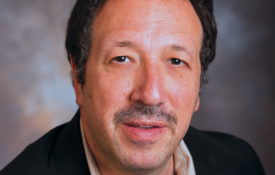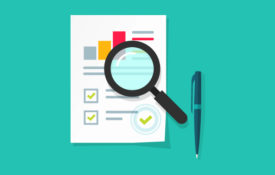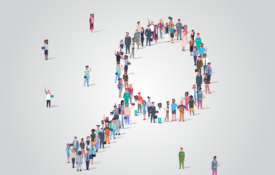-
A Theory About Conspiracy Theories
More than 1 in 3 Americans believe that the Chinese government engineered the coronavirus as a weapon, and another third are convinced that the Centers for Disease Control and Prevention has exaggerated the threat of Covid-19 to undermine President Trump. The numbers, from a survey released on Sept. 21 by the University of Pennsylvania’s Annenberg Public Policy Center, may or may not taper off as communities begin to contain the virus. But they underscore a moment when a particular brand of conspiracy theory is emerging in the mainstream: A belief that the “official story” is in fact a Big Lie, being told by powerful, shadowy interests.
-
Why Nobody Feels Rich: The Psychology Of Inequality
When Keith Payne was in the fourth grade, he realized he was poor. The epiphany came to him in the cafeteria. "We had a new cashier in the line that day," he said. "And when I got to the cashier's desk she asked me for, I think it was $1.25. That was the first time that anybody had ever asked me to pay for my lunch because I'd always been on free lunch." Keith had been blissfully unaware that many of his classmates were paying for their meals every day. But now, he began comparing himself with his peers. "It's not like I was poorer the day after that than I was before. Nothing objective had changed.
-

Clinical Psychological Science Editor Scott O. Lilienfeld (1960-2020)
The prolific scholar and APS James McKeen Cattell Fellow served as editor of Clinical Psychological Science from 2016 until late 2019.
-

New Research in Psychological Science
A sample of research on factors that predict faster spread of COVID-19, how optimism might decrease unethical behaviors during the pandemic, development of language perception, color-emotion associations, moral choice, decision making, and well-being and person-culture match.
-

Register and Report: Challenges in Bringing Basic Experimental Studies with Humans to ClinicalTrials.gov
While NIH positioned this change as part of a larger effort to increase registering and reporting of federally funded research studies, the Association for Psychological Science—among numerous other scientific and academic organizations, and thousands of individual scientists—was vocal in opposing the policy change as the best way of achieving that goal.
-

First-Ever Review of Gender Parity in Psychological Science: From Idea to Research to Plan of Action
The evolution from idea, to study, to action plan in the first-ever gender parity review in psychological science.

